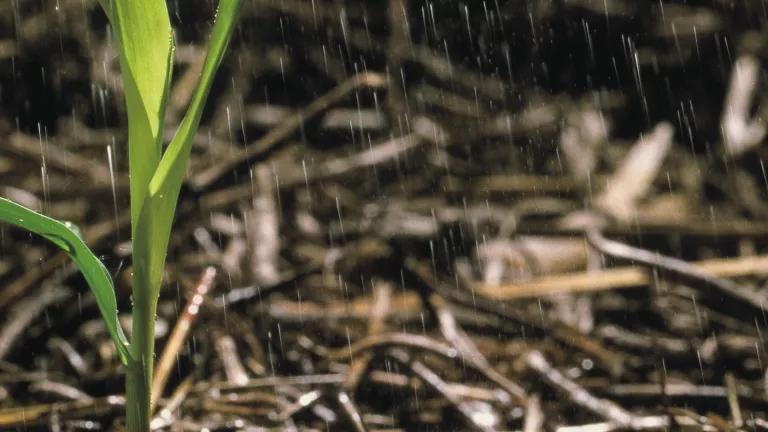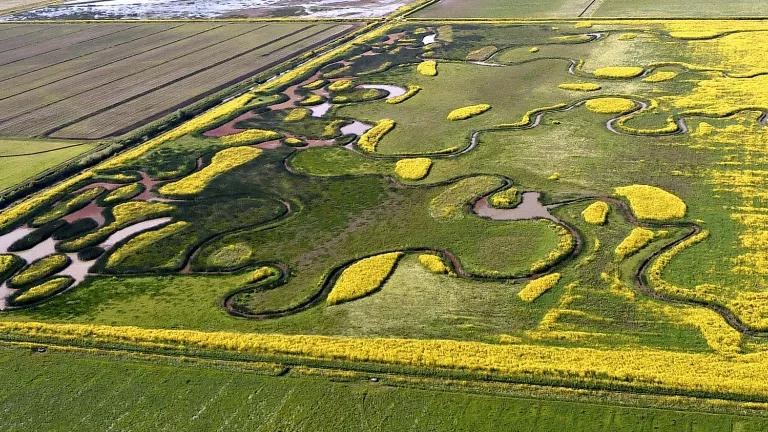Learning about CA's Water Rights is the First Step to Reform
There is a growing recognition of the need to reform California’s water rights system, which is deeply inequitable, unsustainable, and all but broken.
Thankfully, there is a growing recognition of the need to reform California’s water rights system, which is deeply inequitable, unsustainable, and all but broken. The State has given out far more water rights than there is water in an average year (let alone during droughts), and unsustainable water diversions from our rivers, streams, and the Bay-Delta estuary are causing our native fish and wildlife species to collapse – threatening thousands of fishing jobs, Tribes, and communities that depend on their health, and in many cases leading to extinction. Over the past decade, in every critical dry year the State Water Resources Control Board has allowed the state and federal water projects to routinely violate the terms and conditions of their water rights that require compliance with water temperature standards protecting salmon and minimum water quality standards protecting not just fish and wildlife, but also farms and cities in the Delta.
What’s more, climate change continues to transform California’s hydrology, with the Department of Water Resources warning that by 2050, every year has a 50 percent chance of being a critical drought year like 2014 or 2015 – or worse. As I told the San Jose Mercury News editorial board recently, if we don’t change course and start making smart investments, we’re going to be even worse off 10 years from now.
But there’s also a lot of misinformation and misunderstanding about California’s water rights system, some of which comes from the few that profit from the current system and seek to maintain their privilege.
How did California get to this point? And where do we go from here?
I was lucky enough to be interviewed for the latest episode of the West Coast Water Justice podcast, where we talk about the history of California’s water rights system, why it is failing, and how the public can help ensure necessary reforms to sustain the environment and economy for future generations. If you’re interested in learning more about our existing water rights system and the need for reforms, you can listen to this and other episodes from this great podcast here, and it’s also available on most podcast stores and streaming sites.
Learning more about California's water rights is the first step to reforming this unsustainble and inequitable system.


